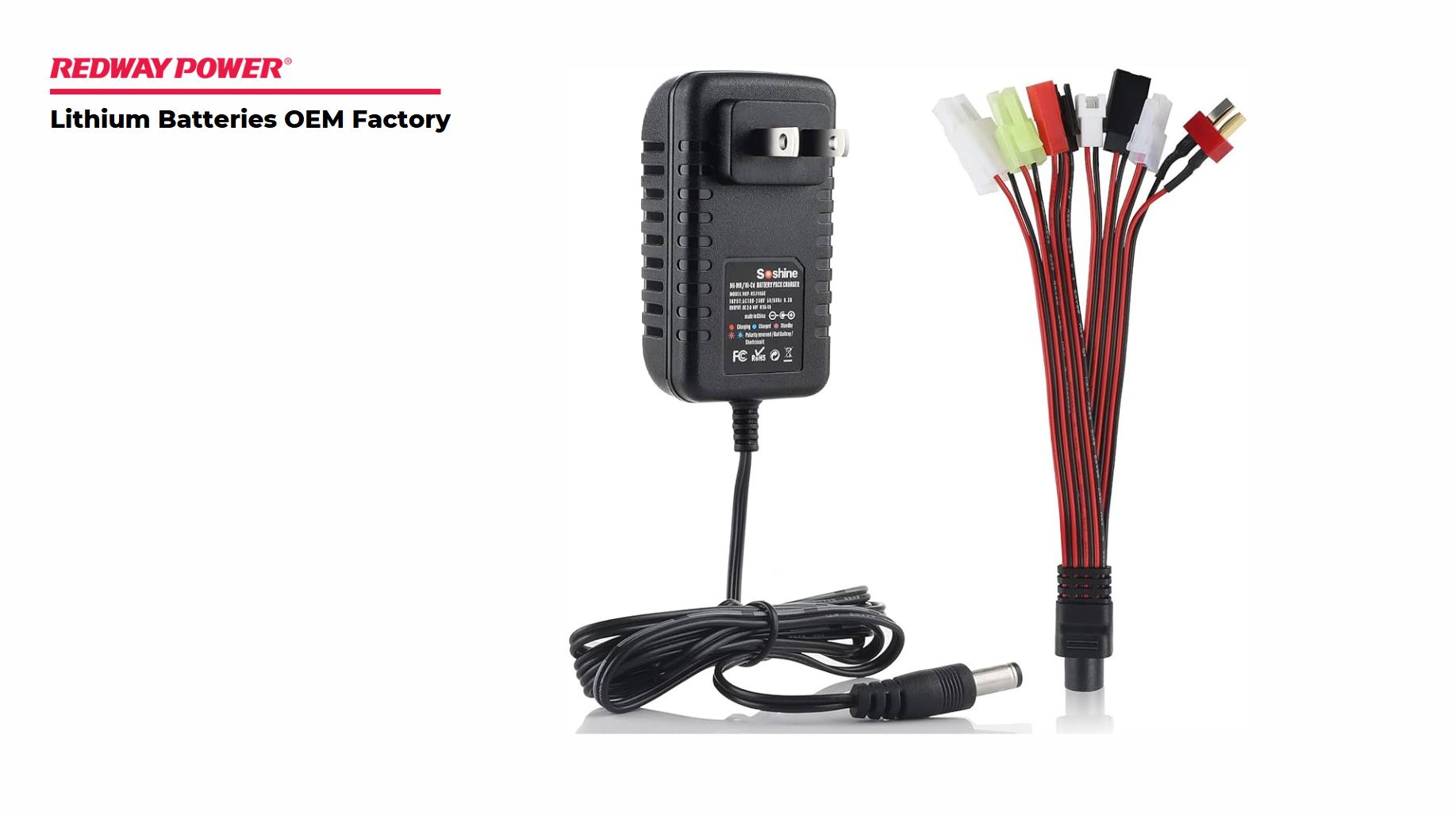Using a 4.8 V charger on a 3.7 V battery is not recommended. Charging a 3.7 V lithium battery with a higher voltage charger can lead to overcharging, which may cause damage, reduce battery life, or even result in safety hazards such as overheating or fire.
Understanding Battery Charging Basics
To ensure the safe and effective charging of batteries, it is crucial to understand the voltage specifications and their implications. Here, we delve into the details regarding voltage compatibility and charging practices.
Voltage Specifications
Lithium batteries, particularly those rated at 3.7 V, are commonly used in various electronic devices. These batteries typically require a charger designed specifically for their voltage to prevent overcharging.
- Nominal Voltage: The nominal voltage of a lithium-ion battery is around 3.7 V.
- Full Charge Voltage: When fully charged, these batteries can reach approximately 4.2 V.
| Battery Type | Nominal Voltage (V) | Full Charge Voltage (V) |
|---|---|---|
| Lithium-ion | 3.7 | 4.2 |
Charger Compatibility
Using a charger that exceeds the recommended voltage can have detrimental effects on the battery:
- Overcharging Risks: A 4.8 V charger exceeds the maximum safe voltage for a 3.7 V battery, risking overheating and potential failure.
- Battery Management Systems (BMS): Many lithium batteries come equipped with BMS that may limit charging, but relying solely on this feature is not advisable.
| Charger Voltage (V) | Effect on 3.7 V Battery |
|---|---|
| 4.8 | Overcharging risk; potential damage |
| 4.2 | Safe for full charge |
| 3.7 | Ideal for nominal charging |
Latest News
- Recent studies indicate that advancements in battery management systems are enhancing safety features in lithium batteries.
- New regulations are being introduced to standardize charging practices across different battery types.
- Research into smart chargers is gaining traction, aiming to optimize charging based on battery chemistry.
- The demand for safer and more efficient charging solutions is driving innovation in the battery industry.
Redway Expert Comment
At Redway Battery, we emphasize the importance of using the correct charger for your lithium batteries. Using a charger with an appropriate voltage rating is essential to ensure safety and longevity. Our LiFePO4 batteries are designed with advanced management systems that enhance performance while prioritizing user safety. We strive to provide our customers with reliable solutions tailored to their specific needs.”
Top 5 Alternatives or Competitors in Battery Manufacturing
| Brand | Type of Battery Available | Notable Features |
|---|---|---|
| Redway Power | LiFePO4 | Custom solutions tailored to user needs |
| Ansmann | Lithium-ion | High-performance chargers |
| Nitecore | Lithium-ion | Smart charging technology |
| XTAR | Lithium-ion | Versatile charging options |
| Efest | Lithium-ion | High-quality performance batteries |
Understanding RC Car Battery Charging Times Using a 4.8V USB Charger
Conclusion
In conclusion, using a 4.8 V charger on a 3.7 V battery poses significant risks and is not advisable due to the potential for overcharging and damage. It is crucial to select chargers that match the specific voltage requirements of your batteries to ensure safety and longevity. As technology advances, understanding these specifications becomes increasingly vital for users seeking reliable energy solutions.



